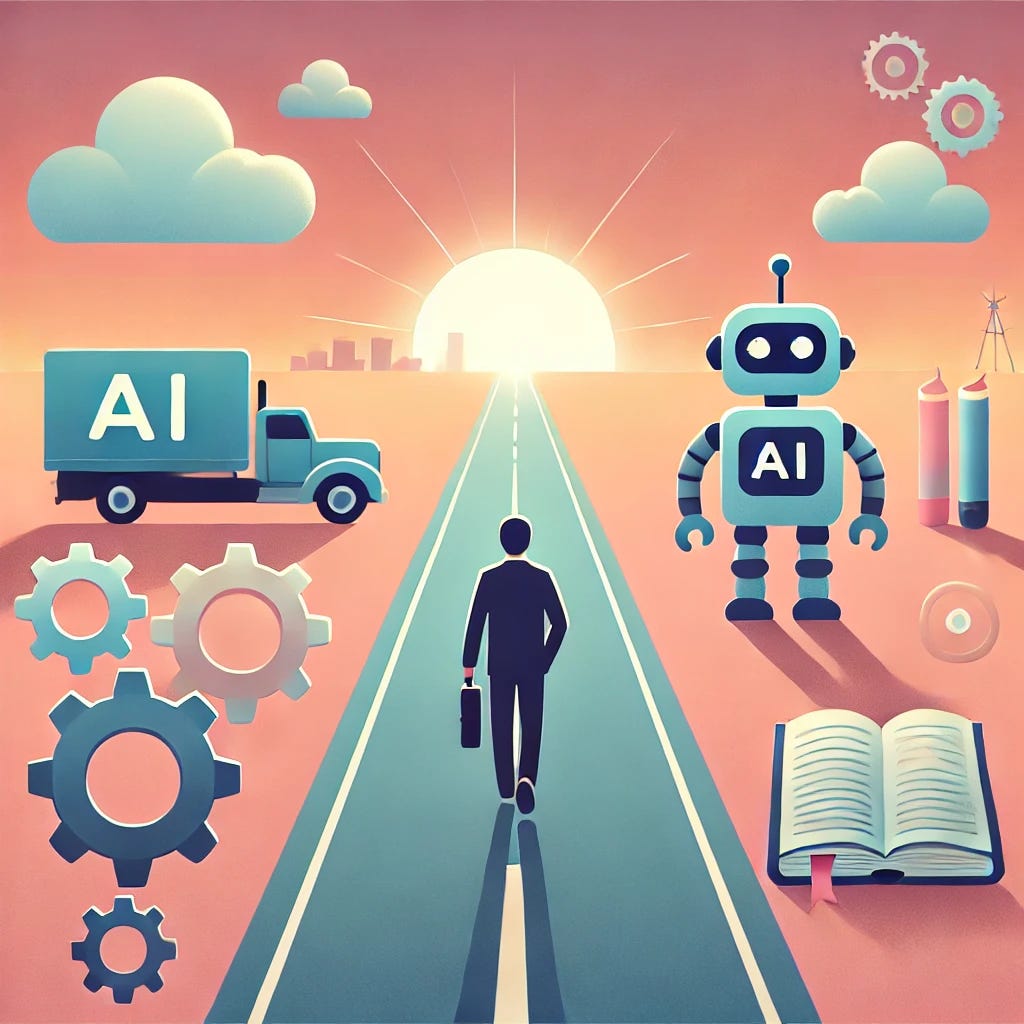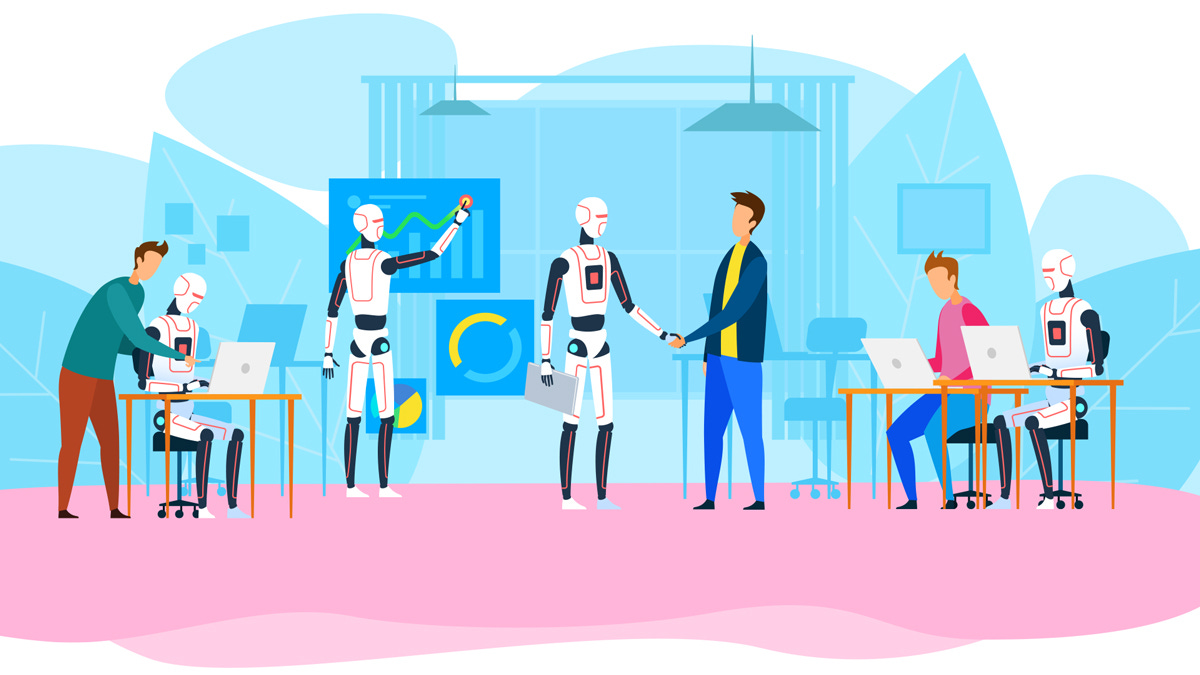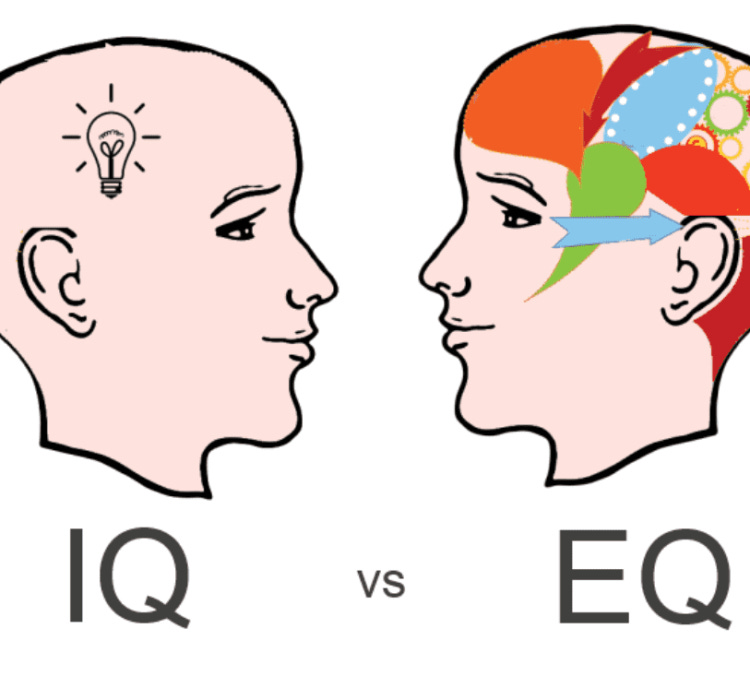Losing EQ, Gaining IQ? The Human Dilemma of AI
Exploring how artificial intelligence is creating jobs, reshaping old ones, and quietly shifting our mental well-being
AI: The New Toy—and Toolbox—of Our Times
Every era has its “big invention.” Mobile telephony made us reachable at any moment, the internet opened the world’s library to anyone with a connection, 5G promised speed without friction, and blockchain teased us with visions of decentralization. Today, the West and its capitalist engines and innovation have handed us another shiny toy: Artificial Intelligence.
But unlike those earlier technologies, AI doesn’t just extend our abilities—it increasingly imitates them, sometimes even replacing them outright. That shift makes us pause. Is this the most empowering tool we’ve ever had, or the most unsettling? Perhaps it’s both
Crossroads of AI and everything ecosystem
Work in Mutation: Jobs Gained and Jobs Lost
One of the most misunderstood realities about AI is that it does not only take away jobs; it reshapes them. New titles that were nearly unheard of just a few years ago are now part of job boards and corporate structures. We see the rise of Prompt Engineers, AI Product Managers, AI Trainers, and even Chief AI Officers—a role that has tripled in number on LinkedIn in the past two years and is already being mandated in some government departments.
The World Economic Forum projects that by 2030, AI and related technologies could create 97 million new roles worldwide, especially in data analysis, cybersecurity, and digital creativity. Yet the same report warns of 85 million jobs displaced in the same timeframe, particularly those involving routine or entry-level work. McKinsey’s global research pushes the point further: between 400 and 800 million people may need to change occupations by 2030 because of automation and AI. In some industries, the shifts are already visible. Early-career software roles and customer service positions, designers for example, have declined by nearly 20 percent since 2022—precisely the kinds of jobs most vulnerable to automation.
This isn’t a story of simple loss or gain. It is a story of mutation. The labor market is not shrinking or expanding in straightforward ways; it is transforming into something unfamiliar, with old pathways closing and new ones opening in directions we could not have predicted.
The Automation Ladder
The language of automation also tells its own story. A decade ago, we were celebrating Robotic Process Automation (RPA), where software bots carried out repetitive tasks like form-filling or invoice processing. Soon after came Intelligent Process Automation (IPA), which blended machine learning and natural language processing to handle more complex, unstructured work such as document review or decision-making. Now, we stand at the edge of Agentic Process Automation (APA), where AI “agents” are envisioned to manage workflows independently, adjusting in real time without human instruction.
This progression—RPA to IPA to APA—marks more than technological progress. Each stage represents a gradual handover of human oversight. The more sophisticated the tools become, the less we are required to intervene. The question is not only what efficiency this delivers, but what authority and judgment we are willing to surrender in exchange.
RPA<IPA<APA
The Human Cost: Between IQ and EQ
While the headlines often focus on job numbers, the subtler and perhaps more profound shift is happening in our inner lives. Work has always been tied to identity and mental well-being, and AI is beginning to alter that relationship in unexpected ways.
On the darker side, therapists are already reporting cases of what some call “AI psychosis”—instances where heavy reliance on AI chatbots feeds delusional thinking or emotional disturbance. People are beginning to lean on AI not just for information but for companionship, even therapy, raising concerns about dependence and blurred emotional boundaries. At the same time, workplace surveys suggest that nearly 70 percent of employees feel uneasy being managed, evaluated, or even monitored by AI systems. That discomfort is not merely about job security; it reflects a deeper unease about trust and fairness when decisions are made by algorithms.
There is also the quieter concern of losing emotional intelligence in the pursuit of machine-driven intelligence. If algorithms are drafting our emails, shaping our reports, and even suggesting empathetic responses, how long before we stop practicing empathy ourselves? Emotional intelligence—empathy, ethical judgment, adaptability—has always been the distinctly human advantage. But if we outsource it, do we risk letting it atrophy?
The balance of logic and empathy—our key edge in an AI-driven future
And yet, there are bright spots. In healthcare, AI medical scribes are freeing doctors from hours of paperwork, giving them more face-to-face time with patients. In hospitals and offices alike, AI-powered scheduling systems have cut administrative drudgery dramatically, with some organizations reporting an 80 percent reduction in scheduling time and noticeable improvements in vacation use and employee morale. A recent survey even found that 61 percent of business leaders felt their work–life balance improved because AI removed repetitive tasks from their plates.
In other words, AI is neither purely liberating nor purely corrosive. Its impact depends heavily on how we adopt and integrate it.
Toy, Tool—or Something in Between?
Like every great invention, AI carries paradox. It is creating new livelihoods while eroding familiar ones. It offers relief from drudgery even as it stirs new anxieties. It pushes us toward higher-order thinking even as it tempts us to outsource the very traits that make us human.
The real question may not be whether AI is good or bad. It may be whether we, as individuals and as societies, are prepared to shape it intentionally, or whether we will allow it to shape us by default.
Your Turn
So I put the question back to you:
Do you feel AI has added meaning to your work, or stripped it away? Have you seen new AI-driven roles emerge in your industry, or only the loss of older ones? And how do you personally hold on to your creative and emotional edge while machines become more capable of imitating both?
I’d love to hear your reflections.
Video Credits- Silicon Valley Girl
Perhaps the real question is not what jobs AI will take or create, but what qualities we are willing to hold on to. Will we double down on empathy, creativity, and emotional depth—or let them erode as machines imitate them better each day? I’d love to hear your thoughts: has AI made your work feel more meaningful, or more mechanical?
I’d love to hear your thoughts—has AI made your work feel more meaningful, or more mechanical? Share your reflections in the comments; the conversation is just as important as the essay itself.





